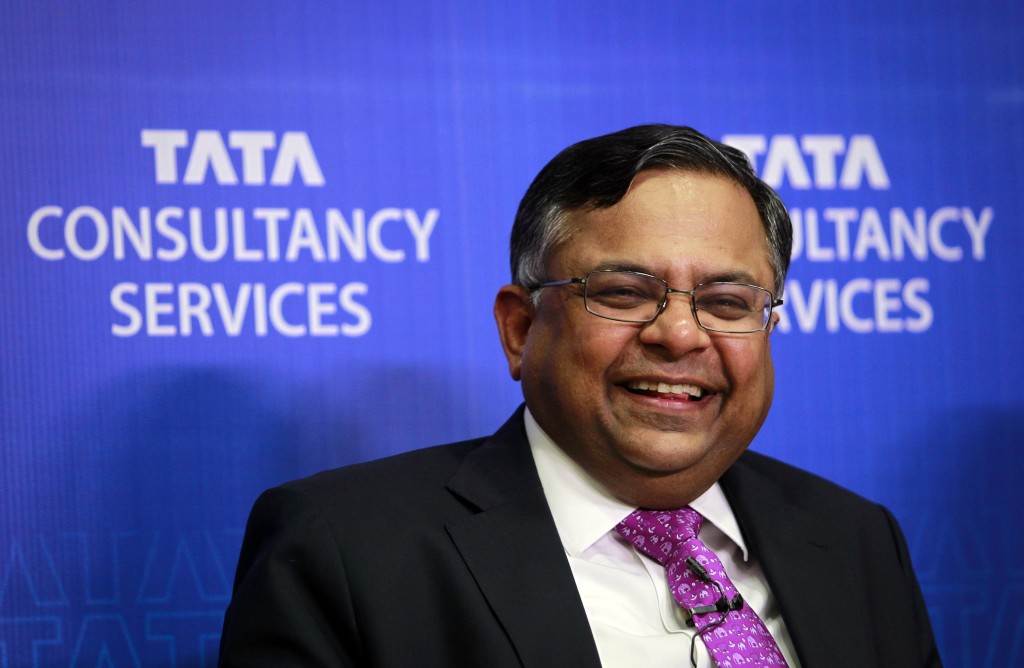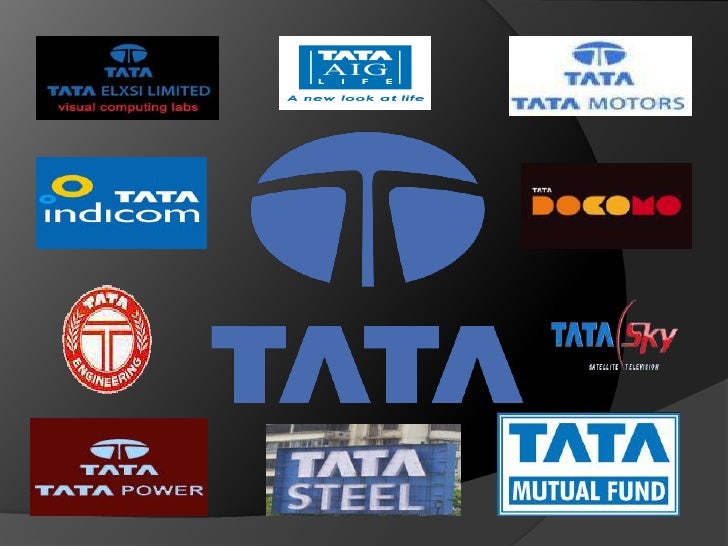Ever wondered how does it feel when you have just been appointed as the chairperson of a multinational conglomerate? The amount of responsibilities a person has on his shoulders and then he nails his bebut year by lifting the company to new levels. The Tatas have been around for about 150 years and have never experienced growth like they did in the last year. And the person to whom all this credit goes to? Natarajan Chandrasekaran.

Chandra, as he is popularly known, took over the salt-to-software group in February 2017 and is also the third non-Tata to do so. Previous to being named the chairman of Tata Sons, he was the managing director and chief executive of Tata Consultancy Services which observes the highest market valuation close to Rs. 6 trillion.
So we quickly skim over all the accomplishments of the current chairman in his debut year in a chronological order:
Following the bitter ouster of Cyrus Mistry as the chairman of Tata Sons on 24th of October, 2016, Chandrasekaran takes over the $100 billion group on the 21st of February, 2017.

Chanda’s takeover as the new chairman starts paying off in the early stages when the High Court is informed that Tata Sons and NTT Docomo have reached a settlement agreement concerning enforcement of an arbitration award, therefore finalizing the resolution of a $1.2 billion dispute. Seven months later, the 20th of September marks the end of the one and a half year worth of negotiations between Tata Steels Ltd. and the German steelmaker giant Thysenkrupp AG as they agree to merge their steel operations. 12th October 2017; Chandra takes a bold step again as a part of his strategy to exit businesses where there seldom possibility of future profits when Tata Sons decide to sell its consumer mobile business to Bharti Airtel Ltd. virtually for free. One of the more bigger achievements would be the almost-certain acquisition of Bhushan Steel by Tata Steel, emerging as the highest bidder for Rs. 36000 crore.

Chandrasekaran has also stressed on simplifying the holding structure within the group which will result in more efficient allocation of capital. Instead of 100 operating companies currently, companies will be classified into seven to 8 major sectors with TCS, Tata Steel and Tata Motors being independant clusters.
Tata Steel rallying over 47 percent, the skyrocketing of Tata Global Beverages over 86 percent and with TCS crossing the Rs 6 million market cap, only standing second to RIL, clearly showcasing the elite leadership skills of N. Chandrasekaran.
The former TCS CEO is the first non-parsi chairman in the 150-year-old expansive history of the Tata Group and according to the company, “this was as per the unanimous recommendation of the Selection Committee”.

The future of the Tata’s appears to be more prosperous than ever as the company also ains to enter into new businesses in the near future which majorily include smart mobility and smart cities. Tata Motors has already been manufacturing electric cars and Tata Power Co. Ltd. will look forward to build charging infrastructure and distribute the relevant equipments in respective markets. Pertaining to smart cities, the multi-billion dollar conglomerate aims to evaluate projects based off of the model of the Jamshedpur township.

